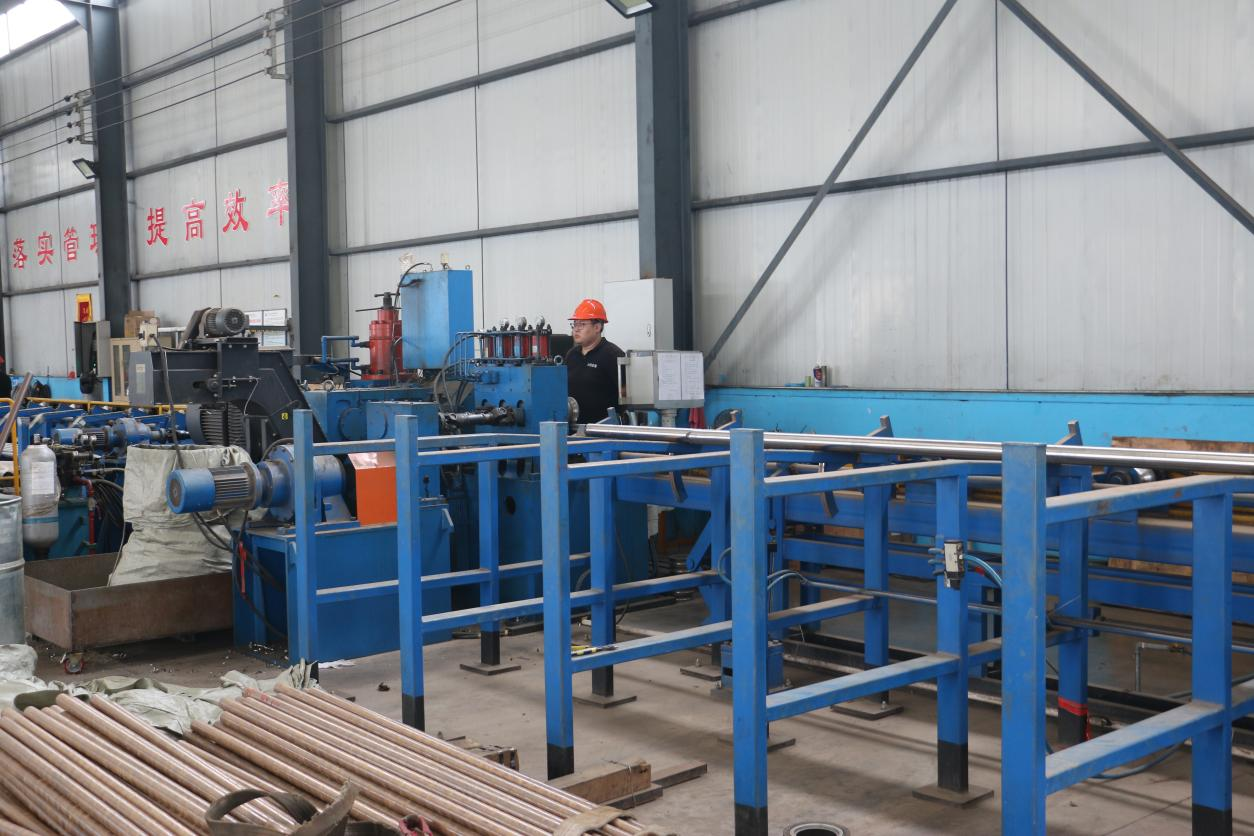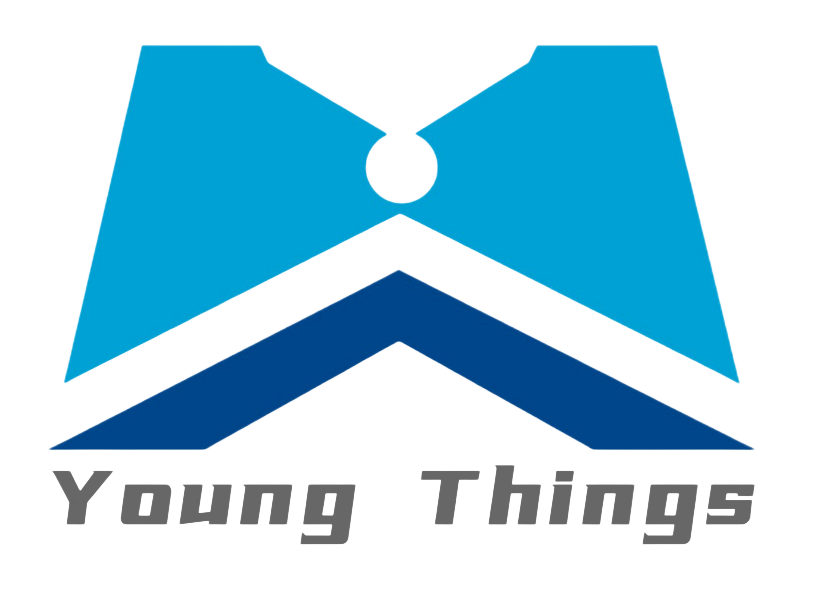Titanium is a crucial material across diverse industries due to its exceptional strength-to-weight ratio, corrosion resistance, and biocompatibility. Consequently, it plays a pivotal role in advancing technological capabilities worldwide, from aerospace engineering to medical devices and various industrial applications.
However, despite its advantages, sourcing titanium efficiently poses significant challenges for overseas buyers, particularly those with limited budgets. Key factors like cost control, maintaining quality standards, and managing complex supply chains require careful planning and strategy. To address these concerns effectively, understanding the dynamics of the Chinese titanium market becomes essential.
China stands out as a prominent player in the global titanium industry, thanks to its extensive production capabilities and strong market presence. Notably, regions like Jiangsu, Shaanxi, and Shandong have become renowned for specialized manufacturing processes and technological advancements in titanium production.
Chinese suppliers offer a broad range of titanium products, including ingots, bars, sheets, and customized components tailored to meet specific industrial requirements. Moreover, the pricing of titanium in the Chinese market is influenced by several factors, including raw material costs, production technology, and market demand fluctuations.
With these insights in mind, this article will explore effective strategies for overseas buyers to evaluate and select Chinese titanium suppliers efficiently, aiming to achieve an optimal balance between cost-effectiveness and quality assurance.
China's titanium industry is concentrated in several key regions known for their expertise and production capabilities:
Shaanxi Province: A hub for titanium production with a focus on high-quality titanium products such as bars, sheets, and specialized components.Particularly the city of Baoji, often dubbed the "Titanium City." Baoji's titanium industry stands out with its complete and well-integrated supply chain, enabling the production of everything from raw titanium materials to high-precision components. This region is renowned for its expertise in producing top-quality titanium bars, sheets, and specialized components, making it a pivotal hub for both domestic and international markets. The comprehensive industrial network in Baoji ensures efficient production and innovation, allowing it to meet the diverse and demanding needs of global clients.
Jiangsu Province: Known for its advanced titanium processing technology and large-scale production facilities.
Shandong Province: Recognized for its integrated supply chain and comprehensive range of titanium products, serving both domestic and international markets.These regions leverage their geographical advantages, skilled workforce, and technological innovations to cater to the diverse needs of global markets.
The pricing of titanium products in China is influenced by several key factors:
- Raw Material Costs:Fluctuations in titanium ore prices impact overall production costs.
- Production Technology:Advanced processing techniques and automation contribute to cost efficiencies.
- Market Demand:Supply-demand dynamics in global markets affect pricing strategies adopted by Chinese suppliers.
Understanding these pricing factors better equips buyers to negotiate effectively and align their procurement strategies with budget constraints. In the following sections, we will delve deeper into practical steps and strategies for evaluating Chinese titanium suppliers, ensuring cost-effectiveness without compromising on quality standards.
Before beginning the supplier evaluation, it’s crucial for overseas buyers to undertake several preparatory steps. These initial actions help streamline the evaluation process and ensure alignment with their overall procurement goals:
1.Defining Specific Titanium Requirements
Clearly defining your specific requirements is the first step towards successful supplier evaluation. This includes determining:
Technical Specifications: Detailed specifications such as dimensions, tolerances, and material grades required for your application.
Quality Standards: Identifying international standards (e.g., ASTM, ISO) and certifications (e.g., AS9100 for aerospace) that your titanium products must adhere to.
Volume and Frequency: Estimating the volume of titanium products needed and the frequency of orders to assess supplier capacity and logistical needs.
2.Setting a Realistic Budget
Establishing a realistic budget is essential for navigating cost considerations without compromising on quality. Factors to consider when setting your budget include:
- Cost of Raw Materials:Understanding the cost drivers in titanium production, including fluctuations in titanium ore prices.
- Processing and Manufacturing Costs:Evaluating the impact of processing techniques, labor costs, and overhead expenses on product pricing.
- Logistics and Shipping Costs:Anticipating costs associated with transportation, customs duties, and insurance for imported titanium products.
3.Researching Industry Standards and Certifications
Familiarizing yourself with industry-specific standards and certifications ensures that your selected suppliers meet regulatory requirements and quality assurances. Key standards to consider include:
- Quality Management Systems:Ensuring suppliers adhere to quality management systems such as ISO 9001 for general quality management or ISO 13485 for medical devices.
- Product Certifications:Verifying certifications specific to titanium products, such as ASTM specifications for titanium alloys used in critical applications.
By completing these pre-evaluation steps, you can approach supplier evaluation with clarity and confidence, optimizing their procurement strategies to meet both technical and budgetary requirements.
Once pre-evaluation steps are completed, the next crucial phase is to identify potential Chinese titanium suppliers efficiently. Here are several effective methods to consider:
1.Utilizing Online B2B Platforms
Online business-to-business (B2B) platforms such as Alibaba, Global Sources, and Made-in-China.com provide comprehensive databases of Chinese suppliers. These platforms allow buyers to search for suppliers based on specific product categories, certifications, and geographical locations. Key features to utilize include:
- Advanced Search Filters:Narrow down suppliers based on product type, minimum order quantities (MOQs), and export capabilities.
- Supplier Profiles:Review detailed supplier profiles, including company background, product offerings, and customer reviews.
- RFQ (Request for Quotation) Functionality:Submit RFQs directly to multiple suppliers to compare pricing, lead times, and product specifications.
2.Leveraging Industry Associations and Trade Shows
Industry associations and trade shows offer valuable networking opportunities and access to reputable suppliers. Participating in trade events such as the China International Titanium Industry Expo (CITIE) allows buyers to:
- Network with Suppliers:Meet face-to-face with potential suppliers and discuss specific requirements and capabilities.
- Attend Seminars and Workshops:Gain insights into the latest industry trends, technological advancements, and regulatory updates.
- Source Reliable Contacts:Obtain recommendations from industry experts and peers on trusted suppliers and service providers.
3.Seeking Recommendations from Your Network
Utilize professional networks, industry forums, and business contacts to gather recommendations and referrals for Chinese titanium suppliers. Recommendations from trusted sources provide insights into supplier reliability, product quality, and customer service:
- Industry Peers:Consult with colleagues or industry peers who have experience sourcing titanium products from China.
- Business Associations:Engage with trade associations and chambers of commerce specializing in metals and minerals to access their supplier networks.
- Online Forums and Communities:Participate in online forums such as LinkedIn groups or industry-specific communities to seek advice and share experiences with fellow buyers.
By leveraging these efficient methods, you can broaden their supplier search, gather comprehensive supplier information, and initiate productive engagements with potential Chinese titanium suppliers.
After identifying potential suppliers, it's essential to evaluate them based on several key criteria to ensure they meet your specific requirements and expectations. Here are the critical factors to consider:
1.Company Background and Experience
- Established Reputation:Assess the supplier's reputation in the industry, including years of operation and market presence.
- Track Record:Review past performance, customer testimonials, and case studies to gauge reliability and service quality.
- Financial Stability:Evaluate the supplier's financial health to ensure long-term stability and capability to fulfill orders consistently.
2.Production Capabilities and Capacity
- Facilities and Equipment:Visit or virtually tour manufacturing facilities to assess production capabilities, technology, and quality control measures.
- Capacity Assessment:Determine if the supplier can meet your volume requirements and handle potential scalability issues.
- Technological Advancement:Inquire about the supplier's investment in technology and innovation to ensure product quality and efficiency.
3.Quality Control Processes and Certifications
- ISO Certifications:Verify if the supplier holds relevant ISO certifications such as ISO 9001 for quality management systems or ISO 13485 for medical devices.
- Quality Assurance Procedures:Understand the supplier's quality control processes, testing protocols, and adherence to international standards (e.g., ASTM specifications for titanium).
- Traceability:Ensure traceability of materials used in titanium production, from raw materials to finished products, to guarantee quality and compliance.
4.Export History and Compliance
- Export Experience:Assess the supplier's experience in exporting titanium products, especially to your target markets.
- Regulatory Compliance:Ensure the supplier adheres to international trade regulations, export controls, and customs requirements.
- Documentation and Transparency:Request transparency in documentation such as product specifications, certifications, and compliance with environmental and safety standards.
By evaluating suppliers based on these criteria, you can mitigate risks, ensure product quality, and establish long-term partnerships with reliable Chinese titanium suppliers.
Effectively evaluating Chinese titanium suppliers on a limited budget requires strategic approaches that maximize efficiency without compromising on thoroughness. Here are practical techniques to consider:
1.Conducting Thorough Online Research
- Supplier Verification:Utilize online resources and B2B platforms to verify supplier credentials, reviews, and ratings.
- Comparative Analysis:Compare multiple suppliers based on pricing, product offerings, and customer feedback to identify competitive advantages.
2.Requesting and Analyzing Product Samples
- Sample Evaluation:Request samples from shortlisted suppliers to assess product quality, material consistency, and adherence to specifications.
- Testing Protocols:Develop standardized testing protocols to objectively evaluate sample performance against industry standards and your specific requirements.
3.Virtual Factory Tours and Video Conferences
- Virtual Inspections:Conduct virtual tours of supplier facilities using video conferencing tools to observe production processes, equipment, and quality control measures.
- Interactive Q&A Sessions:Engage in real-time discussions with supplier representatives to clarify capabilities, production timelines, and quality assurance practices.
4.Checking References and Case Studies
- Customer References:Seek references from existing customers or industry contacts to validate supplier reliability, responsiveness, and post-sales support.
- Case Study Reviews:Review case studies or success stories to gauge supplier performance in delivering on-time, quality products and resolving challenges.

5.Red Flags to Watch Out For
- Unusually Low Prices:Exercise caution with suppliers offering significantly lower prices than industry averages, as this may indicate compromises in quality or service
- Lack of Transparency:Ensure transparency in pricing, product specifications, and communication throughout the evaluation process.
- Poor Communication:Evaluate supplier responsiveness and communication clarity to mitigate potential misunderstandings or delays.
By adopting these budget-friendly evaluation techniques, you can effectively assess Chinese titanium suppliers, mitigate risks, and make informed decisions aligned with their procurement objectives.
Effective negotiation is crucial for securing favorable terms with Chinese titanium suppliers while maintaining cost-efficiency. Here are key strategies to consider:
1.Volume-Based Discounts
Bulk Purchases: Negotiate discounts based on the volume of titanium products ordered. Bulk orders often qualify for lower unit prices and favorable terms.
Long-Term Contracts: Discuss long-term commitments or framework agreements to secure stable pricing and priority access to production capacity.
2.Payment Terms Flexibility
Flexible Payment Schedules: Negotiate flexible payment terms such as milestone payments or extended credit periods to manage cash flow effectively.
Escrow Services: Use escrow services or secure payment methods to safeguard transactions and build trust with suppliers.
3.Long-Term Partnership Opportunities
Supplier Relationship Development: Emphasize the potential for long-term collaboration and mutual growth, fostering a strategic partnership beyond transactional engagements.
Joint Development Projects: Explore opportunities for joint R&D initiatives or product customization projects that benefit both parties.
Navigating risks when engaging new suppliers requires proactive measures to ensure reliability and quality assurance:
- Starting with Small Orders:Initiate with smaller, trial orders to assess supplier performance, product quality, and adherence to specifications.
- Quality Inspection Protocols:Implement stringent quality inspection protocols or third-party inspections to verify product conformity before full-scale production.
- Using Escrow Services or Letter of Credit
- Financial Security:Utilize escrow services or establish letters of credit (LCs) to secure payments and provide financial security for both parties.
- Compliance Assurance:Ensure compliance with international trade regulations and mitigate payment risks associated with cross-border transactions.
By employing these negotiation strategies and risk mitigation techniques, budget-conscious buyers can effectively manage costs, minimize uncertainties, and establish sustainable partnerships with Chinese titanium suppliers. Therefore, maintaining a balance between affordability and reliability becomes crucial for success.
In summary, evaluating and selecting Chinese titanium suppliers on a limited budget requires a well-planned approach that incorporates cost-effectiveness without compromising quality or reliability. Through a series of strategic steps—including thorough pre-evaluation preparation, efficient supplier identification, comprehensive evaluation criteria, budget-friendly sourcing techniques, and focused negotiation strategies—buyers can confidently navigate the complexities of sourcing titanium from China, ultimately achieving optimal results.
Share this article
Written by : 钛合金网
Follow us
Table Of Content



